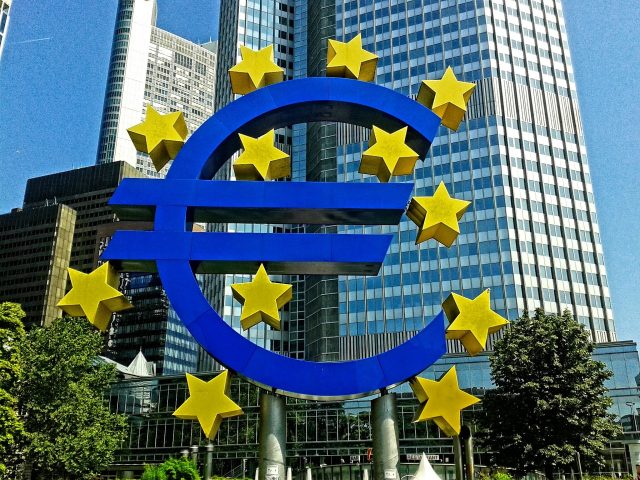
If the European GDP Worsens in a Worrying Way, the Tightening Foreseen by the European Bank will be Limited
European monetary policy must be normalized after the vicissitudes related to the pandemic and the Russian-Ukrainian war but, on the basis of an in-depth analysis of the risks associated with a possible collapse of European GDP, the ECB plans to soften the procedures for stabilization, limiting the rise in interest rates currently expected.
The European recession does not seem to be such a remote eventuality and, based on this awareness given by analysts, there could be a pause in the delicate economic-financial normalization process initiated by the ECB with the significant increase in interest rates. However, despite the prudence, all the members of the European council agreed that the path taken should not be slowed down due to any accommodation, so as to recover the ground lost by European monetary policy in these difficult years.
Although the current inflation rate is very high and appears to be close to its peak, in the first months of next year, it should decrease significantly, avoiding remedial maneuvers that would serve to lighten the weight of an economy in great difficulty. The only realistic hopes in relation to the economic future of Europe, very close to recession, consist in forecasts, in recent weeks, slightly better than those of the post-pandemic period and those made in the midst of the conflict in Ukraine. To make the situation relatively better, the news linked to the unexpected drop in the price of energy which has, in fact, averted the rationing especially feared during the summer.
During the analysis at the Milan Forum, the vice president of the ECB Luis Guindos said that the forecasts of the EU and the ECB go in the same direction and see very low growth in the economy and high inflation throughout Europe, despite a banking situation good, even better than that of a few years ago. The greatest concern seems to be linked to the situation of small and medium-sized enterprises and low-income households which will therefore need careful and particularly selective fiscal policies to stimulate growth.
From the meeting of the ECB, at the end of last October, it emerged that the growth of the Euro area is heading towards a halt due to the decline in general economic activity, after stagnation in the third quarter of 2022. The scenario, however, seems to have evolved in recent weeks and is to be considered in any case better than expected when the rationing of the various energy materials and a substantial increase in the price of energy itself were assumed. The negative growth, therefore, does not seem to be as dramatic and continuous as last September’s data showed, and the margins for improvement allow could avoid changes to the operations necessary to stabilize the entire European economic policy.
Luis Guindos then underlines that the desired normalization of the financial policy will be better defined in the discussion on the ECB’s budget, scheduled for the month of December. Fundamental help in controlling inflation in support of the financial stability of the Euro area will be provided by the commitment of the Central Banks, aware of the usefulness of their support and absolutely informed on the actions envisaged by the Council to deal in the best possible way the worst geo-political crisis of the last decades. The joint action of the ECB and the governments engaged in Europe in new economic maneuvers will be essential to avoid losing ground against a global economy that has never been as diversified as in recent months.



 Subscribe
Subscribe